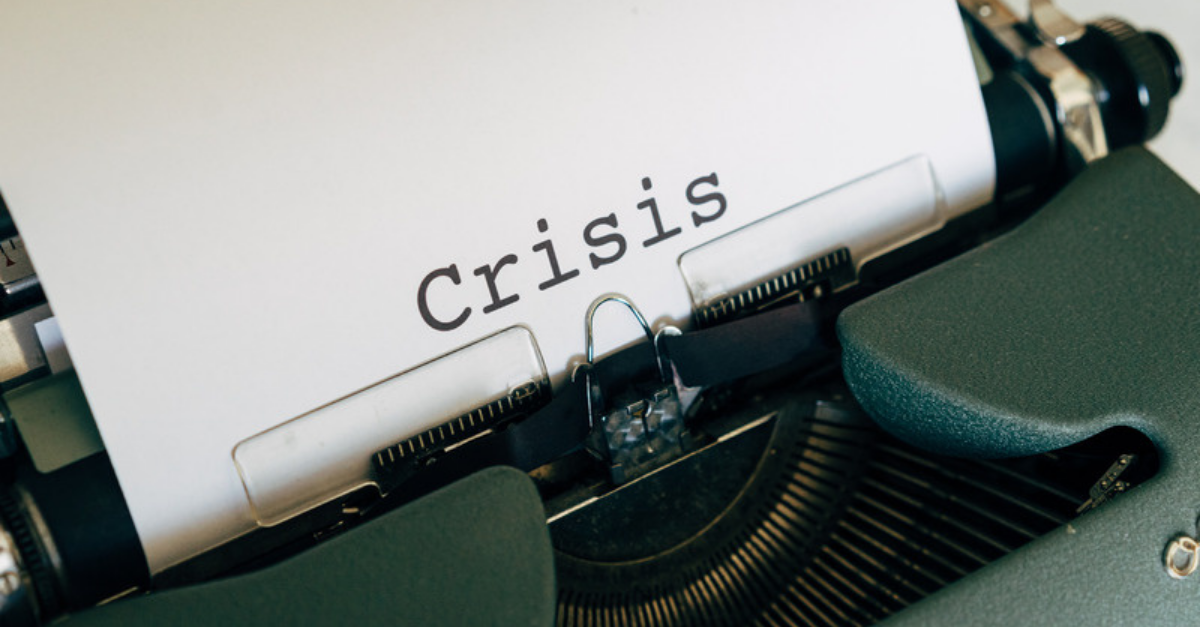
During the financial crisis in the United States, the following behavioral trends were observed: consumers tended to show more money-saving behaviors; a new sense of frugality appeared, characterized by a strong awareness of the brand value and quality that dictates price. At the same time, brand loyalty decreased, driven by a decline in trust and greater risk sensitivity.
In 2009 the Boston Consulting Group completed a global survey of consumer sentiment involving 15,000 consumers. It showed that over half of respondents from America and Europe said the crisis has intensified their distrust of big business. In response, firms had to be even more transparent in their dealings with customers.
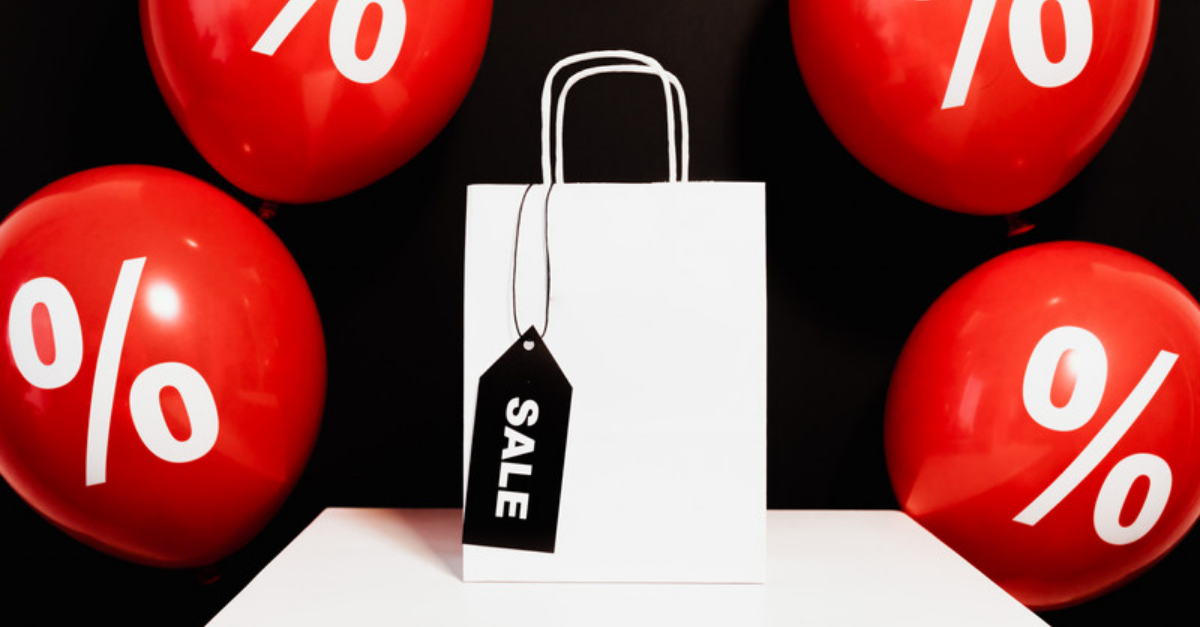
Most companies chose general reduction in prices, as well as short-term discounts and promotions as main strategies at that time.
Inmar, an American firm that processes discount coupons, says that redemptions in America were 17% higher in the first quarter of 2009 than in the same period the previous year.
Danone, a French food group, created a line of low-cost yogurts in Europe, called “€co Packs”, that came in smaller tubs and fewer flavors.
Sears, American retailer, revived a savings plan, under which a consumer could make a down payment on an item that is then held for him for a fixed period.
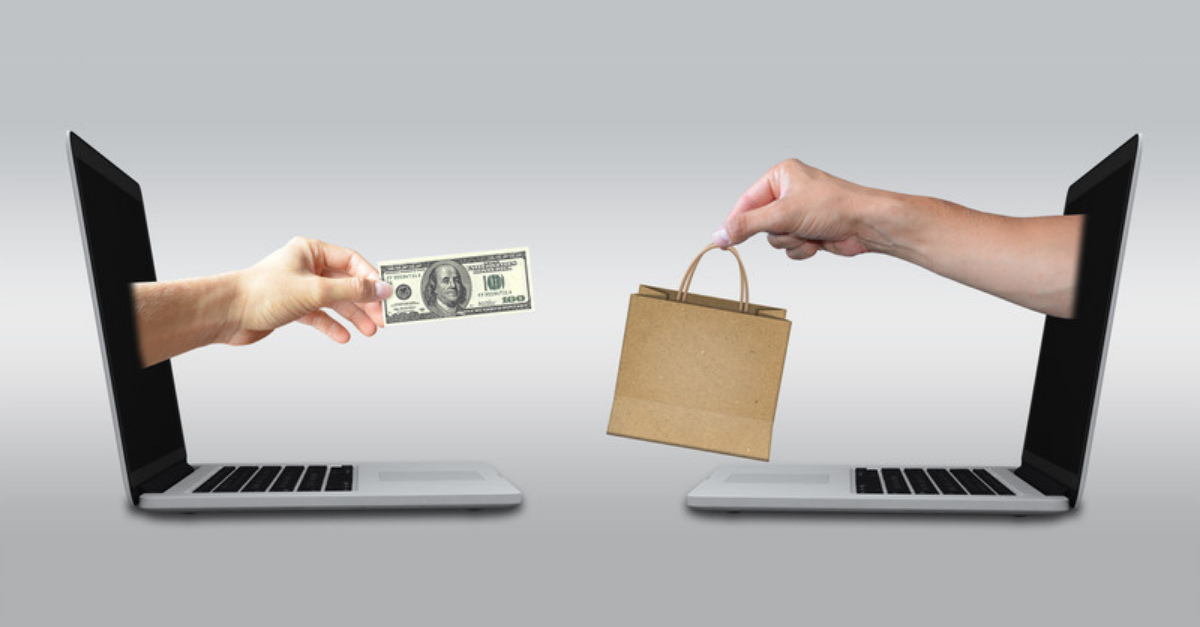
Most of us tend to avoid serious risks when possible. During potential life-threatening crises, consumers always choose to stay safe at home and go online. As they say: “A man's home is his castle”.
Notable examples include: 2001 impact of 9/11 on consumer behavior in the US; 2015 Impact of Terrorism on Israeli Consumers; 2020 behavior during the COVID-19 pandemic.
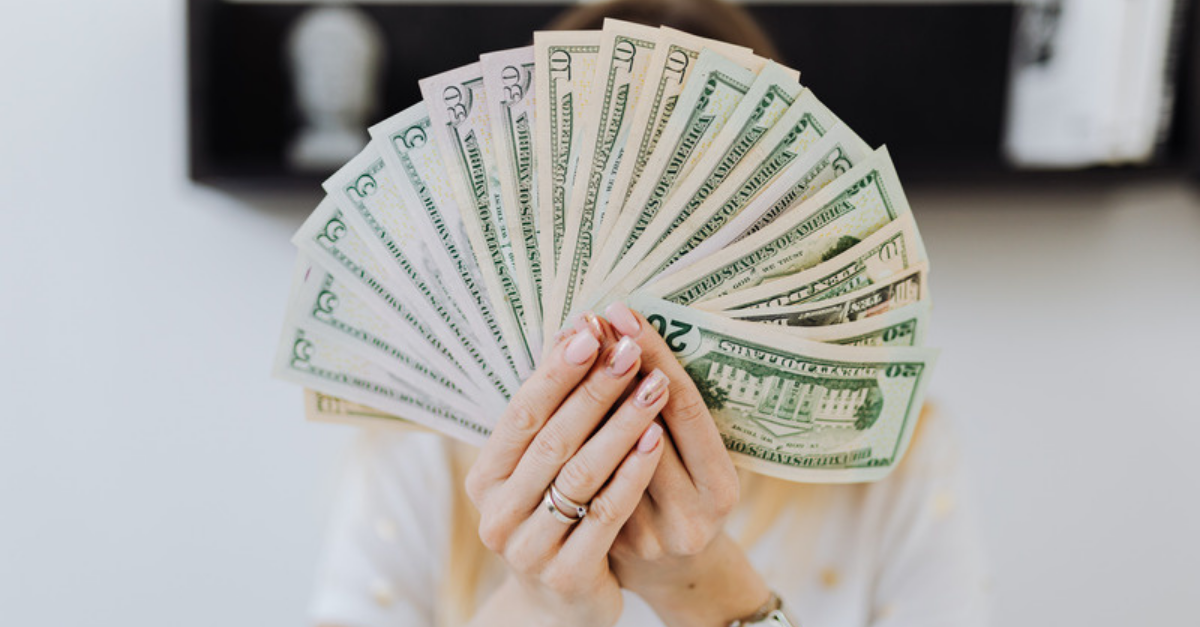
During turbulent times, confidence in banks decreases and many rush to cash out their savings as a precautionary measure to keep their money safe.
For example, in the United States, COVID-19 cases and currency in circulation both surged in March 2020. Similar behavior was also observed in advance of hurricanes and after major terrorist attacks.
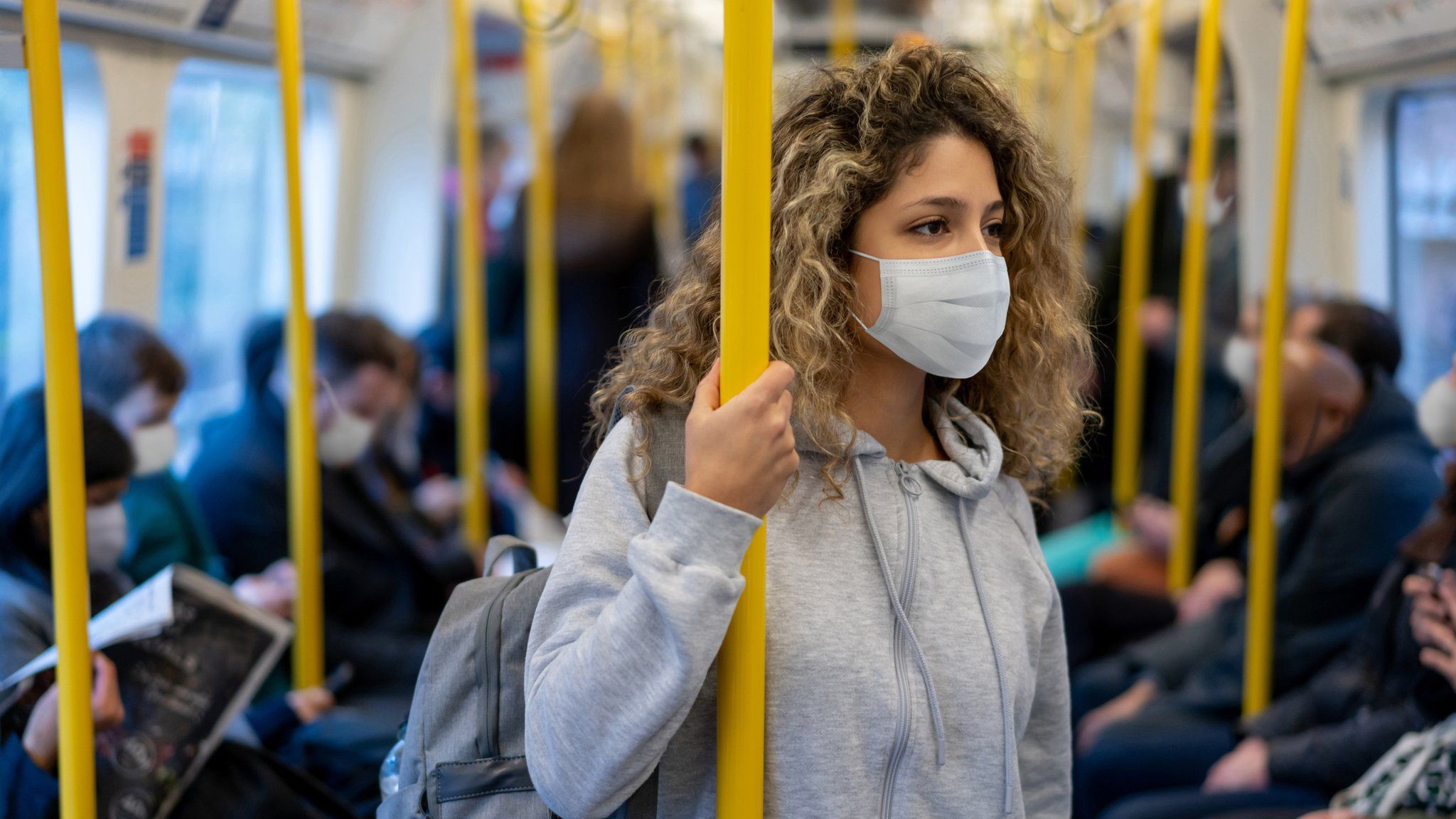
The result of the 2020 crisis was a radical revision of values. At the forefront came: health, well-being, safety, unity, conscious consumerism, refocusing on budgets and value. Brand loyalty again became less of a driving factor for purchases. Friend recommendations, social media, ratings and reviews regained popularity - people were looking for more information and opinions.







